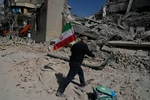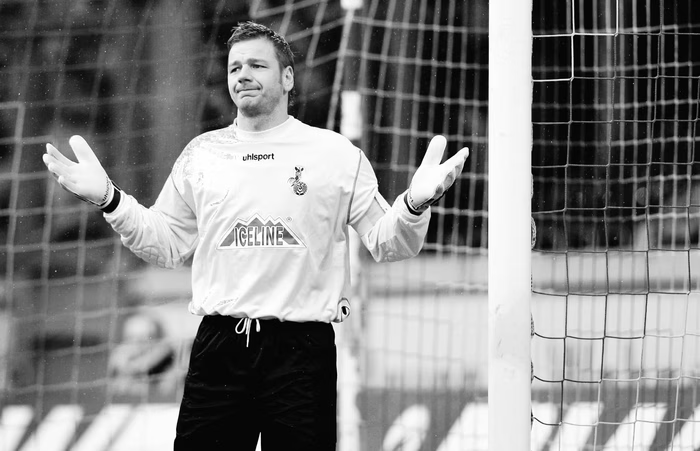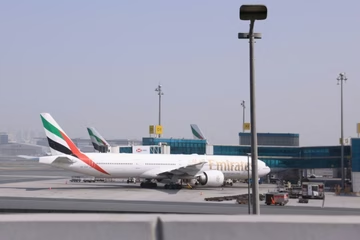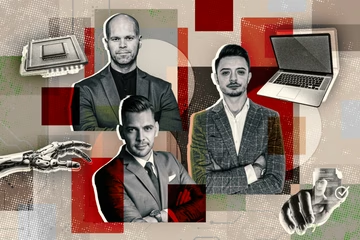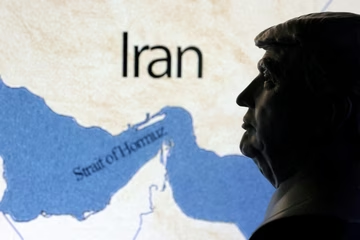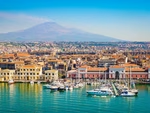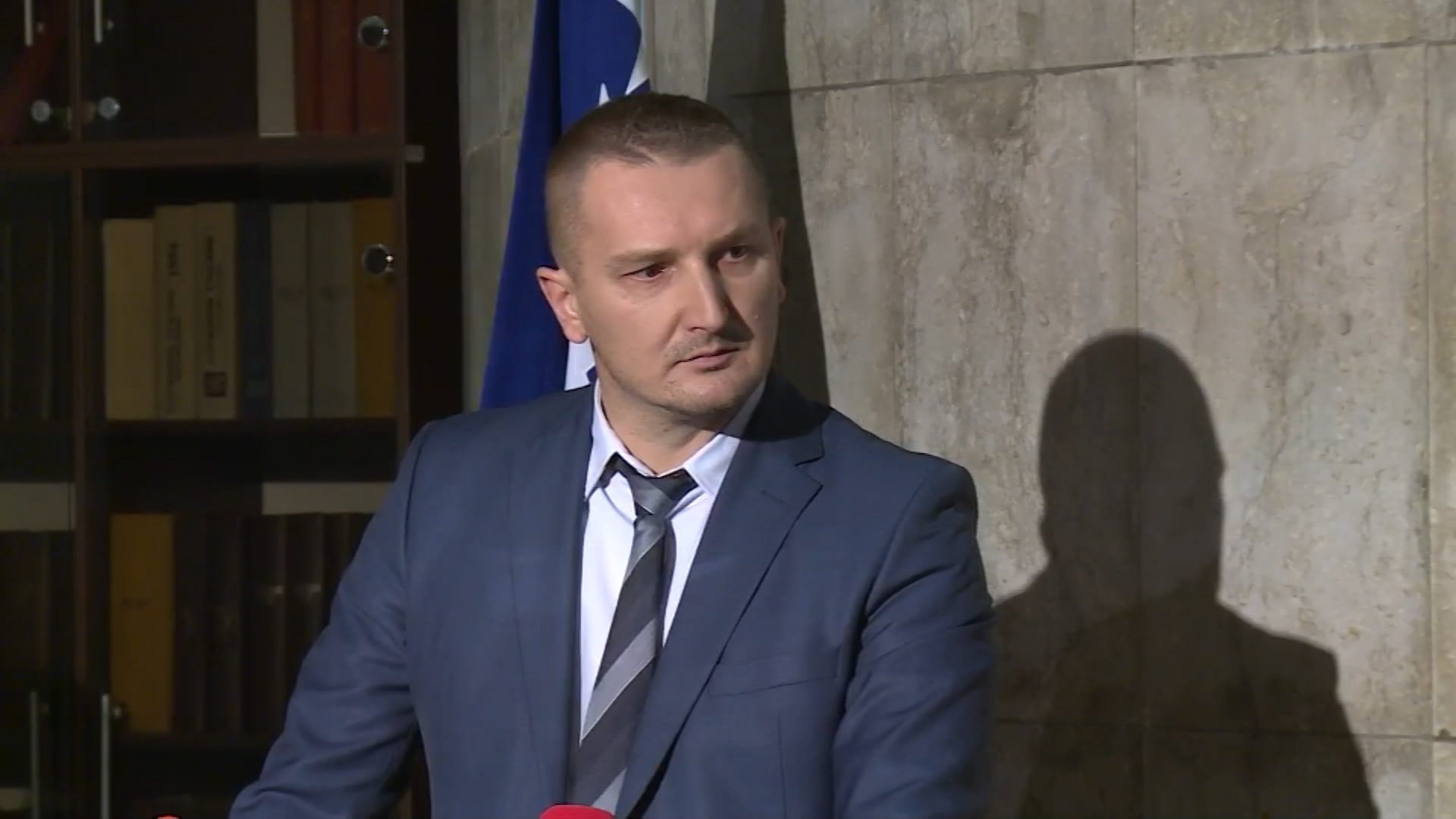
Bosnia's Justice Minister, Josip Grubesa, thanked on Tuesday neighbouring Croatia for a law which lets the neighbouring country rent out properties that Bosnia owns, saying it has finally provided some regulation for the property.
"I have to thank Croatia for passing this law, as otherwise this issue would have never been raised in Bosnia and Herzegovina," Grubesa said.
Bosniak and Bosnian Croat officials are divided on the issue of nearly 200 properties Bosnia’s companies own across Croatia’s coast which were acquired during the Yugoslav era, including a number of hotels, 'Energopetrol' gas stations and business buildings.
An agreement on how such property should be distributed came into force in 2004, but since then, very few property cases have been resolved because Bosnia lacks some of the documentation as a result of the war.
The Croatian Parliament adopted end of May a law that enables Croatia to rent out those properties, but Bosnian experts fear that this could lead to Bosnia losing those properties for good.
According to Grubesa, a member of the Croat Democratic Union (HDZ) in Bosnia, the destroyed buildings that Bosnia owns in Croatia became a "mess and a source of contamination for the local community."
Croatia's Ministry of State Property issued public tenders offering 15 of those properties for rent, although the Privatisation Agency in Bosnia's Federation (FBiH), one of the country's two semi-autonomous entities, is offering to sell them for more than a year already.
FBiH Privatisation Agency Director Amer Bekric told N1 on Monday that his agency had asked foreign policy institutions in Bosnia to address the issue with Croatian ministries, but that he has “unfortunately not received any response."
The Croatian State Property Ministry based their decision on the recent state property law, which, unless a solution is found, allows Croatia to rent those object out for up to 30 years.
"What will happen after 30 years is that someone else will be registered as the owner. All the compensations for renting the property will meanwhile go to Croatia," Bekric said.
The President of Bosnia's semi-autonomous Serb-dominated Republika Srpska (RS) entity, Milorad Dodik, said on Tuesday that the RS will protect all of its property in Croatia.
Croatia is obligated to act according to the agreement former Yugoslavian countries came to on the issue, which states that all property must be returned to those who were registered as its owners on December 31, 1990, he said.
"All agreements that were made under pressure or threats must be declared invalid," he said, adding that "the controlling of the property of others, as Croatia is trying to do, would just unnecessarily complicate relations in the region."
Former Yugoslav republics agreed in 2001 to divide the property after the joint country fell apart but the details had to be agreed on between the new states. So far several attempts to reach an agreement between Bosnia and Croatia on the status of particular properties have failed.
Kakvo je tvoje mišljenje o ovome?
Učestvuj u diskusiji ili pročitaj komentare





 Srbija
Srbija
 Hrvatska
Hrvatska
 Slovenija
Slovenija








